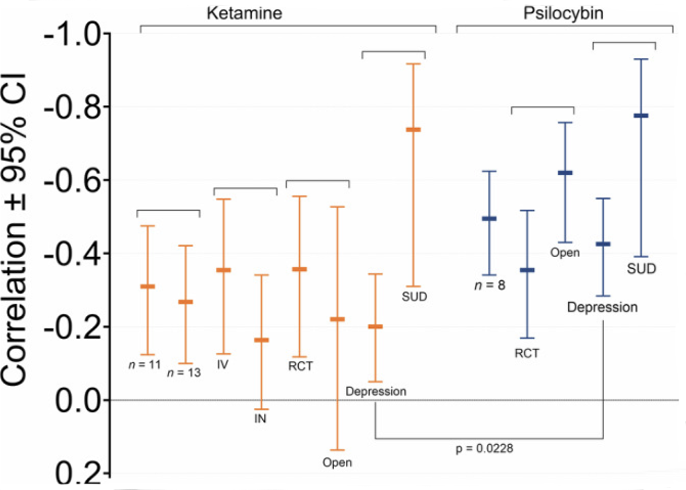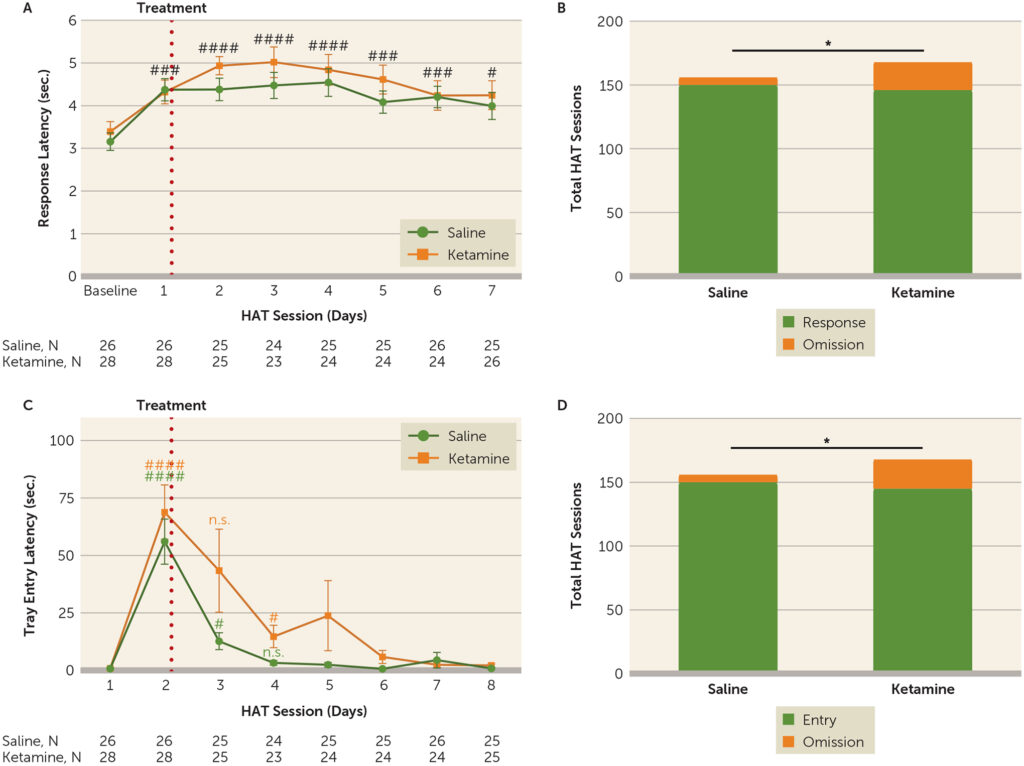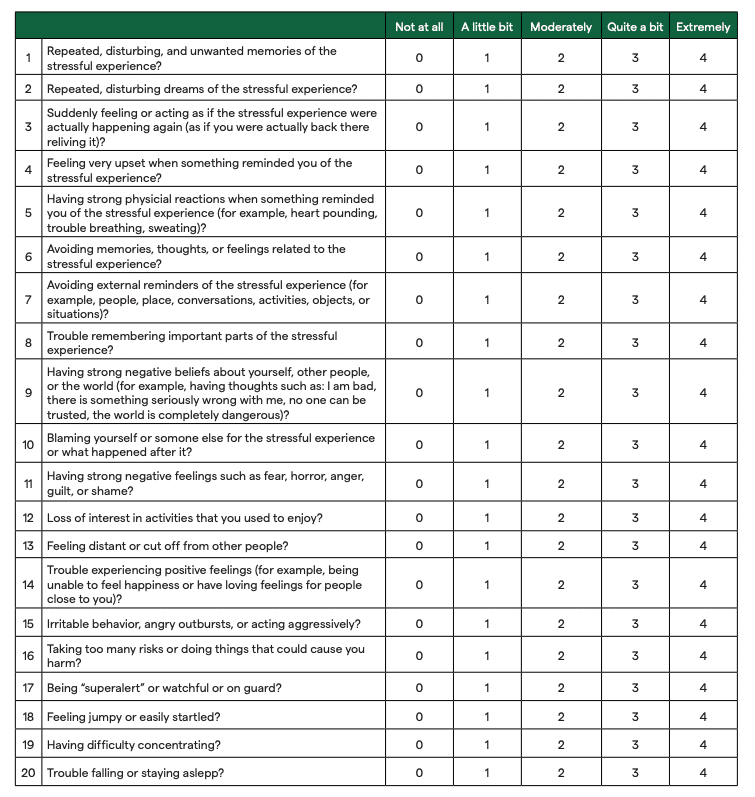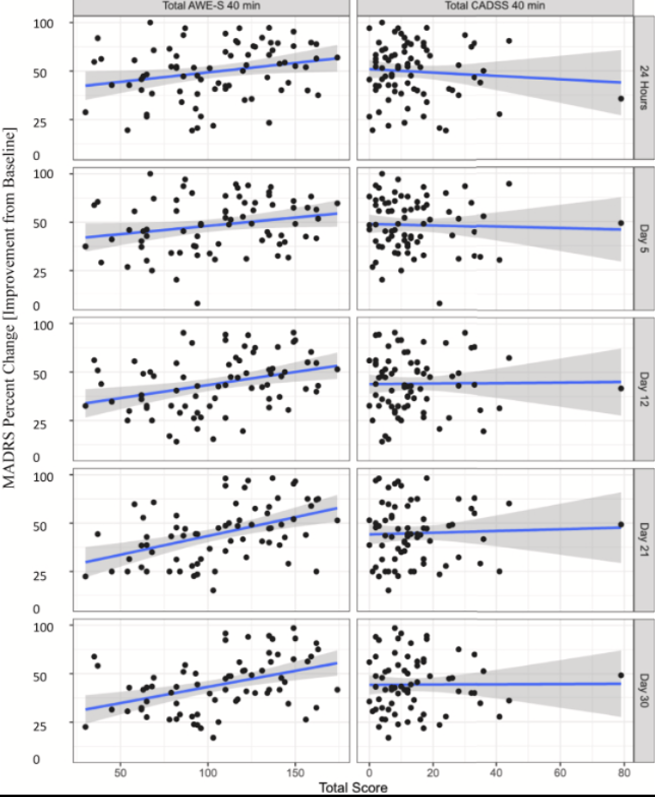The year 2024 continued to showcase remarkable advancements in ketamine research. While it didn’t bring breakthroughs on par with 2023, the volume and diversity of studies remained impressive. For 2024, PubMed had published 1,831 papers on ketamine, closely aligning with the 1,784 papers published in 2023.
Researchers delved into hundreds of topics, from exploring ketamine’s potential for treating fibromyalgia to uncovering its anti-inflammatory properties. Below, we highlight the top five ketamine studies of 2024 and their implications for future treatments.
Ketamine for Treatment-Resistant Obsessive-Compulsive Disorder
Study Overview
A double-blind, active-controlled crossover study with 12 participants supported ketamine’s efficacy for obsessive-compulsive disorder (OCD). Participants received 0.5–1 mg/kg of intramuscular (IM) ketamine three times, spaced at least a week apart, with fentanyl serving as a control.
Key Findings
Significant improvements in Y-BOCS scores—a validated measure of OCD—symptoms were observed, further strengthening the growing body of evidence supporting ketamine as a treatment for OCD. This study also emphasized the effectiveness of intramuscular administration.

Meta-Correlation of Subjective Effects in Ketamine and Psilocybin Therapy
Study Overview
A meta-analysis of 23 ketamine studies and 8 psilocybin studies sought to quantify the impact of subjective experiences, including dissociation and mystical experiences, on therapeutic outcomes.
Key Findings
- Ketamine: A 10% improvement in outcomes was associated with subjective experiences.
- Psilocybin: A 24% improvement was linked to subjective experiences.
While meta-analyses have limitations due to variability among studies, this research underscores the importance of subjective experiences in psychedelic therapy, particularly for depression and substance use disorders.

Ketamine’s Empathy-Boosting Effects: Entactogen Properties
Study Overview
A two-part reverse-translational study examined ketamine’s effects on empathy and social bonding in humans and rats.
Key Findings
- In humans, ketamine enhances the enjoyment of social interactions, including spending time with loved ones and helping others.
- In rats, ketamine reduced selfish behavior, as they avoided sugary treats if they caused harm to their cagemates.
This research suggests ketamine may have empathogenic or entactogenic effects, similar to MDMA, broadening its therapeutic potential.

Ketamine-Assisted Therapy for PTSD: Real-World Evidence
Study Overview
A retrospective study analyzed 117 patients with PTSD treated with IV ketamine in a psychedelic paradigm, incorporating preparation and integration therapy sessions.
Key Findings
- 75% of participants achieved clinically meaningful improvement in PCL-5 scores (a validated PTSD measure).
- 62% experienced complete remission of PTSD symptoms.
This study reinforced the value of combining ketamine with psychotherapy, further advancing its role in PTSD treatment.

The Role of Awe in Ketamine’s Antidepressant Effects
Study Overview
A randomized controlled trial investigated the connection between feelings of awe and ketamine’s antidepressant effects in 77 patients with treatment-resistant depression.
Key Findings
- Patients who experienced awe during ketamine infusions had better depression outcomes up to 30 days post-treatment.
- Dissociation, by contrast, did not significantly mediate outcomes.
This study shifts focus toward awe as a critical therapeutic factor, emphasizing the importance of a positive “set and setting” in achieving optimal results.

What to Expect in Ketamine Research for 2025
Looking ahead, the field of ketamine research remains vibrant, with some key areas to keep an eye on:
- Expanded Applications: Ketamine’s use for depression, anxiety, PTSD, OCD, and pain disorders will continue to grow. Expect to see more studies expanding its therapeutic potential across these conditions.
- Non-Injectable Ketamine Forms: Research into oral and nasal ketamine forms, including esketamine, will delve into their comparative efficacy. While they tend to lag behind injectable racemic ketamine in clinical outcomes, further research is needed to explore their full potential.
- Ketamine Metabolites: Compounds like hydroxynorketamine lack dissociative effects and will be increasingly studied for their therapeutic potential. Although dissociation may not be the key to treatment success, understanding how metabolites influence therapeutic outcomes could be pivotal.
- Novel Formulations: Early studies of long-acting oral ketamine like KET01 didn’t demonstrate statistically significant efficacy, but we can expect more trials in 2025 to continue investigating its potential.
- Psychotherapy Integration: Well-designed studies will continue to explore how psychotherapy can complement ketamine administration. We’ll see more research into the synergy between these elements to optimize treatment outcomes.
- Set and Setting: The role of environment—especially the experience of awe—will be a key focus. Research will continue to explore how curated environments can enhance the therapeutic experience, particularly when combined with the right mindset and setting.
Ketamine continues to be a cornerstone of psychedelic research, with its multifaceted effects offering new hope for a variety of mental health conditions. As we look toward 2025, the field promises exciting developments and a deeper understanding of its therapeutic potential.
Ready to explore how guided ketamine therapy could make a difference in your life or practice?
Learn more about guided ketamine therapy at Kadelyx or subscribe to stay updated on the latest advancements and insights in ketamine research.
Contact Us Kadelyx Health is pleased to partner with local therapists, providers, and businesses to expand their patients’ access to ketamine therapy.





